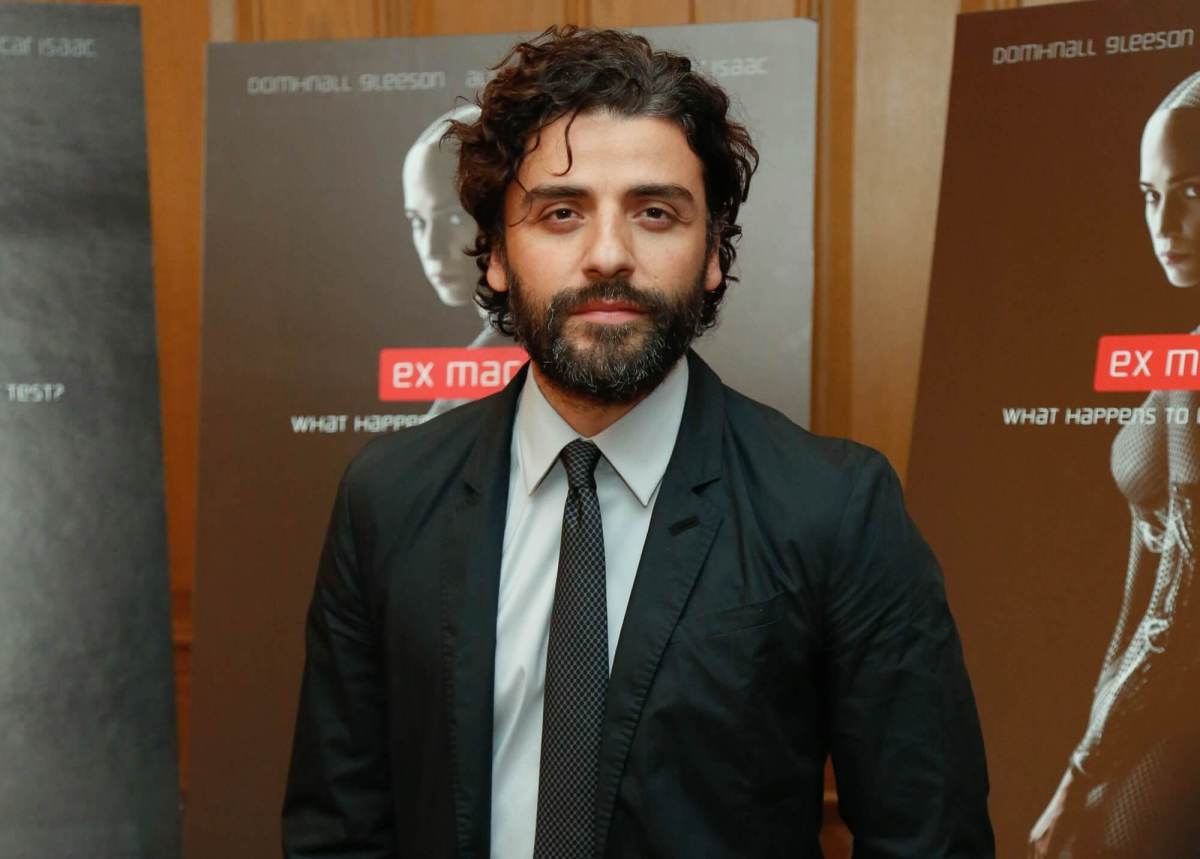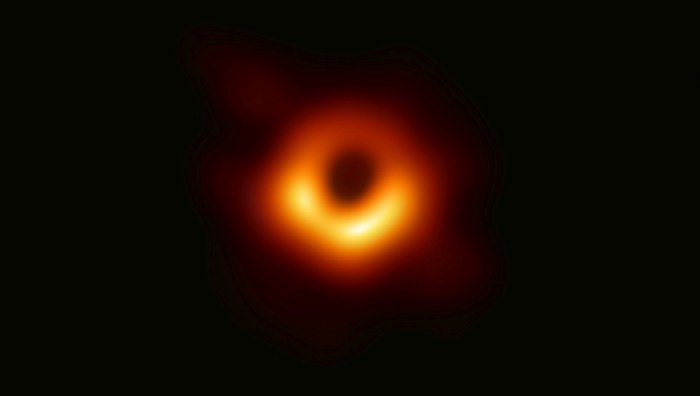After earning acclaim for roles set in the past — like “Inside Llewyn Davis” and “A Most Violent Year” — Oscar Isaac is firmly facing forward with the mind bending new sci-fi indie “Ex Machina” — in which he plays a hermetic scientist trying to perfect artificial intelligence — and some other little film later this year called “Star Wars: the Force Awakens.” But that doesn’t mean he’s optimistic about the future. There have been plenty of stories — movies, books, TV shows — about A.I. and the Singularity, and almost all of them end badly. Why do you think that is? That’s a popular word for deriding technological advancement: disposable. RELATED:Interview: Alicia Vikander on making a quiet sci-fi film, ‘Ex Machina’ With technological advancements, I feel like there’s always a point where you personally become old, a line you can’t cross conceptually, and for me it was the cloud. Do you have one? When you’re dealing with such a small cast and such an isolated character, how do you stop yourself from going crazy making it? Or can you? Your director, Alex Garland, was saying how he doesn’t like the director being singled out in a film. How does that relate to the experience on the set? RELATED:Oscar Isaac on the hustle of acting and ‘Star Wars’ You’ve been doing such eclectic work across different genres and sizes of films. How do you pull that off? So, the dance sequence. How many takes, how much choreography? Because you look fantastic doing it.
There’s Kurzweil, who’s a futurist who’s a complete optimist. I actually read a book called “The Optimist’s Guide to the Future” as well, it was very funny. I think with history in general, the things we create we tend to lose control over. The Industrial Revolution is an example of how in a very short amount of time we’ve done a lot of damage, like what’s happening with the sea level rising, climate change — which is all real and is all happening. (laughs) It’s like, if that happens with stuff that’s not self-aware, what would happen with things that are self-aware? Now Kurzweil, as an optimist, he believes that they will definitely grow exponentially once you do reach the singularity. But he’s optimistic that we will become more machine as well. That’s the only way we’ll compete — with nanotechnology, with exoskeletons, whatever it is, we will also be able to compete by becoming more machine ourselves. Which we already are, you know. I mean, we have any answer to any question right [on our iPhones] even though it’s disposable knowledge. I think it’s very few people who actually retain anything that they look up on Google.
Take just music, what it’s done to music. I think music is way more disposable now, and people don’t interact with it the same way they used to. I think that you’ve got lots of music going into your head, but I don’t think that the experience is as deep as it maybe once was. Things are on shuffle, it’s all content, just constant shifts of content, as opposed to living with an album for a while and seeing how it fits with your experience of the world. I don’t know, I just find that it feels like interaction in general is more disposable and less precious than it has been in the past. Then again, I’m sure when they invented the phone people were saying the same s—. So I don’t know. (laughs)
That’s giving up total ownership, right? I’m leasing everything in my life. I feel similarly with the cloud thing. I’m not a big social media person, either. It’s not that interesting to me. I mean, I get why it can be a tool for promotion and a tool for coming together in protest — I get those aspects of it. But for me, I’m just not very interested in it. In some ways, it underlies how I don’t have a connection with some of these people. On one I have these random friends, and it’s just another example of how no, they really aren’t in my life. (laughs)
Well, he likes that his life is like that. It’s what brings him joy, so I enjoyed that. And also, everything you see apart from the glaciers and the mountains is an expression of this guy. Ava is him, it’s his. All of it is his hands and his vision that you’re seeing, so that was really fun. And also you don’t get a chance to do things that are that intimate, you know what I mean? It’s almost like a play. And the language is what carries it forward. The ideas are what move the movie along as opposed to, “Some action stuff, and no we’re going to sit and talk about stuff, and now we’re going to get back to the action of the movie.” But in this, the ideas and the incredibly deep questions about the nature of consciousness and sexuality and gender, those conversations are what actually propel the movie forward, which is unusual.
Yeah, he doesn’t like the deification of the director. I haven’t heard that too much, you know.
It doesn’t. (laughs) I mean, it’s a great thing to say, and I know he believes it, but ultimately he says yea or nay, you know? In a way, it’s like getting your place remodeling and going, “Hey, look at the work I did.” “You didn’t do that work. You didn’t, like, mill that.” “No, but I said yes!” (laughs) It’s still his thing, he made it, but sure, he’s getting the work of all these people. Alex was incredibly collaborative, but ultimately the buck stops with him. And he would definitely say when he thought something needed to be different or something needed to be changed or something was great or something wasn’t, and that’s ultimately what you want. What you want is leadership, too. A director does set the tone for the entire thing. It’s true, other people can set the tone, too, but his decisions are what create the atmosphere to create this thing.
It’s just kind of luck, really, because I’ve just been doing the best things that have come to me. It hasn’t been a huge calculation. I’ve been fortunate that I’ve gotten these scripts or I’m able to get an audition for them. From the get-go, I’ve been able to get a lot of things that are quite different from one another. And now, it’s a very privileged place to be where there are a few things that are fantastic that I could choose from, and now it gets a little trickier to be like, “OK, well now why do I pick this over this?” Because it can’t really be based in “what will it be?” It has to be based in “What am I able to bring to this thing?”
Thank you. It was a lot of choreography, we had a choreographer the whole time — which was great that we had that, showing us those disco moves. And it was twice as long originally, but I think he cut it at the right place. It’s my favorite cut in the movie, from the dance to the slapping in the head. Very funny.
Follow Ned Ehrbar on Twitter: @nedrick



















